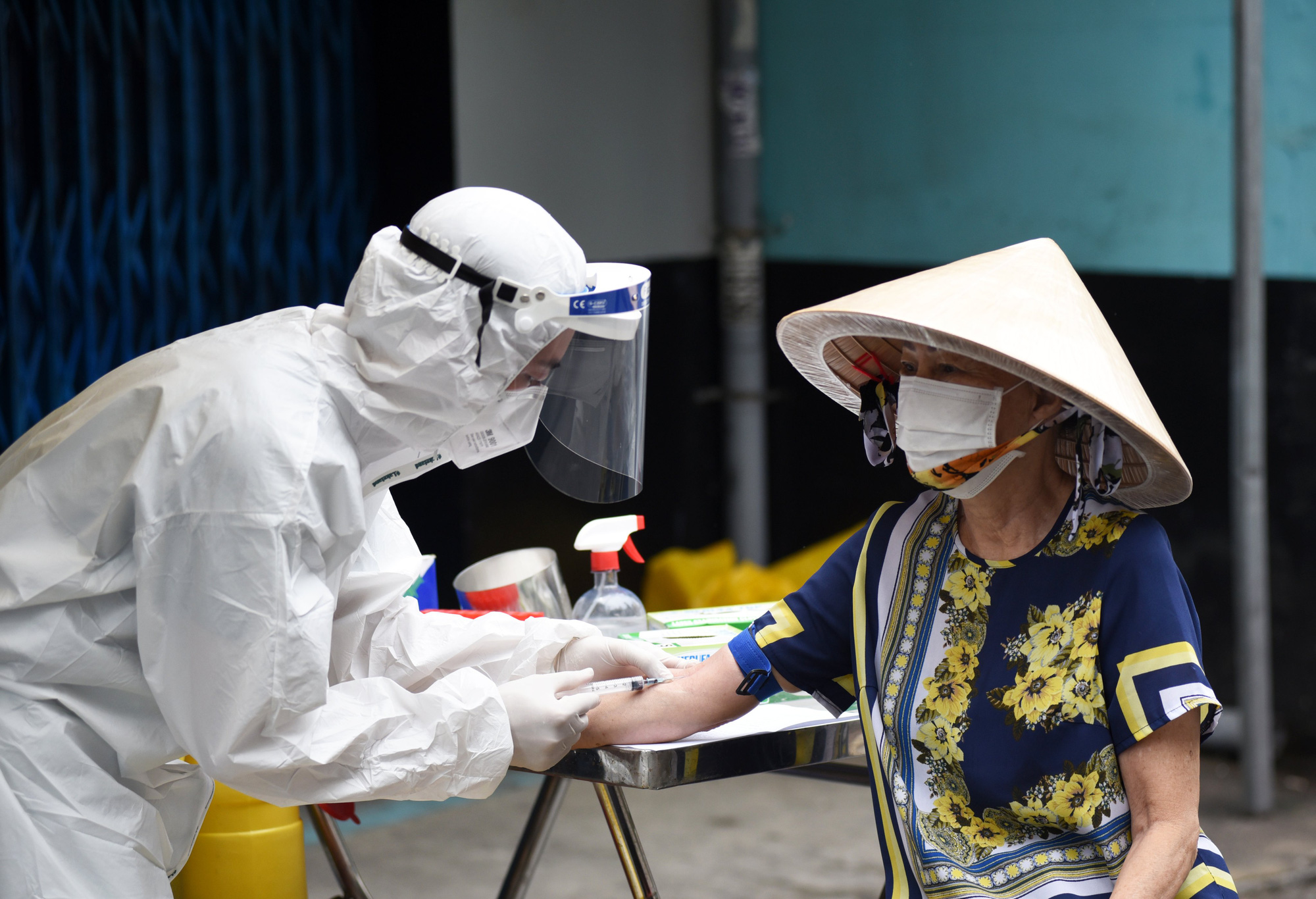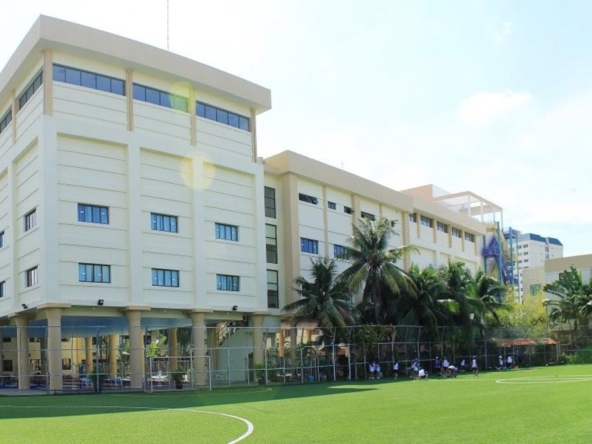The test results are expected to help assess the current state of COVID-19 infection

The Ho Chi Minh City Pasteur Institute, in collaboration with the city’s Center for Disease Control, has taken samples for COVID-19 antibody tests from 3,600 residents, which is expected to help assess the current state of COVID-19 infection.
The testing campaign began on August 29 and ran through Tuesday in six wards in Binh Thanh and Phu Nhuan Districts, which meet the criteria of infection rates and feasibility.
Six hundred samples, each of which contained three milliliters of blood, were taken in each ward.
The residents participating in the sampling drive were all Vietnamese, who are at least six years old, have no history of blood clotting disorders, and were willing to give samples for testing.
COVID-19 patients’ bodies produce antibodies against the coronavirus after recovery, according to the Ho Chi Minh City Pasteur Institute.
Testing blood samples of the patients can help discover the antibodies.
Surveying the percentage of people with COVID-19 antibodies is expected to help assess the level of COVID-19 transmissions in Ho Chi Minh City in the past.
Ho Chi Minh City has recorded 309,787 local infections, accounting for approximately half of the country’s 630,661 community transmissions since the fourth virus wave’s emergence on April 27.
Some 39,296 patients, including 2,914 children under 16 years old, are currently under treatment.
Among them, 2,690 patients are depending on ventilation and 23 others are using extracorporeal membrane oxygenation (ECMO), or outside-the-body life support.
More than 150,000 patients have recovered and been discharged from hospitals.
About 92,355 others are being quarantined, monitored, and treated at home.
The numbers of infections in the community and deaths in Ho Chi Minh City are on a downward trend, according to the preliminary assessment of the Ministry of Health.
Vietnam has reported 635,055 patients, including 398,461 recoveries and 15,936 deaths, since the COVID-19 pandemic first struck early last year.







